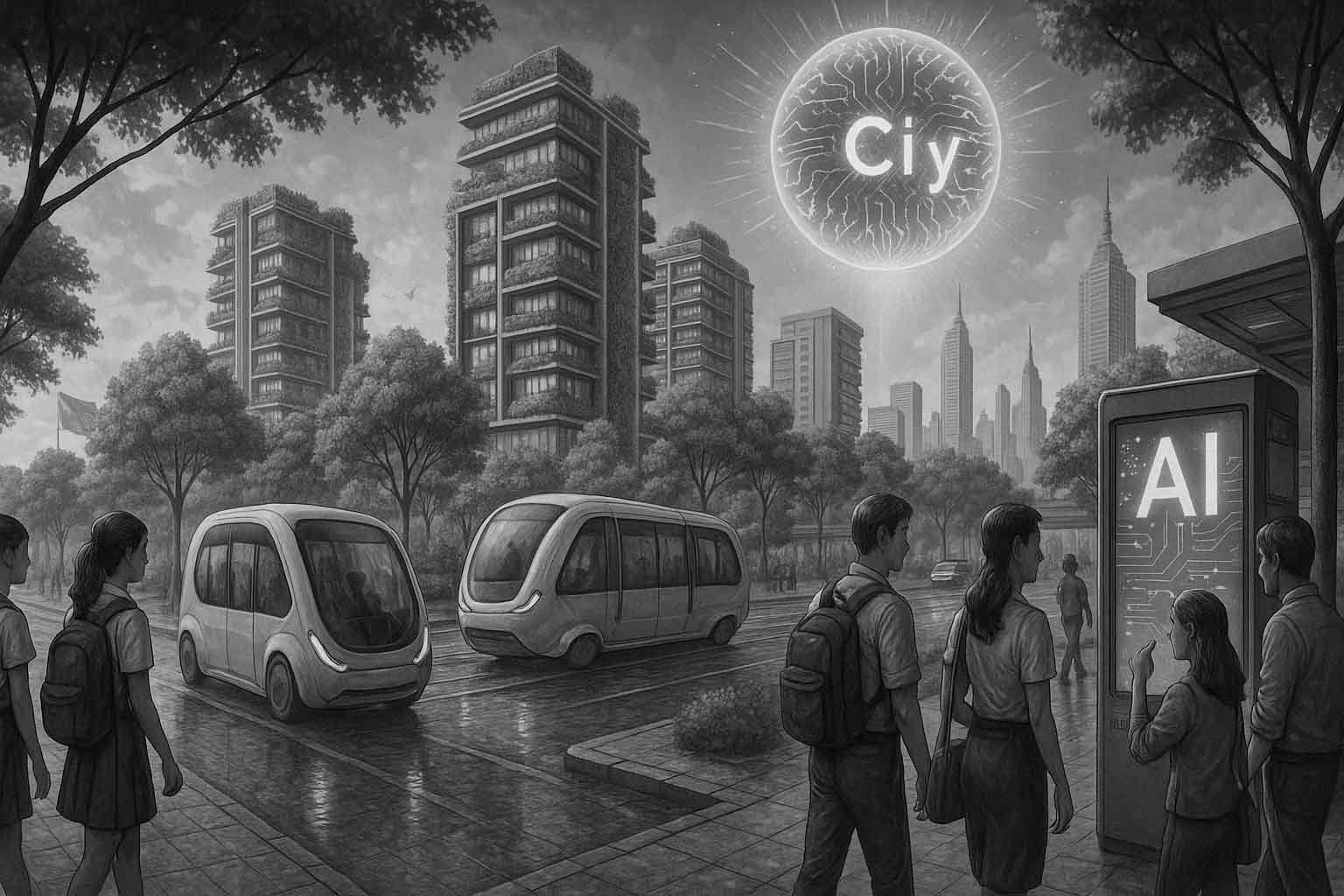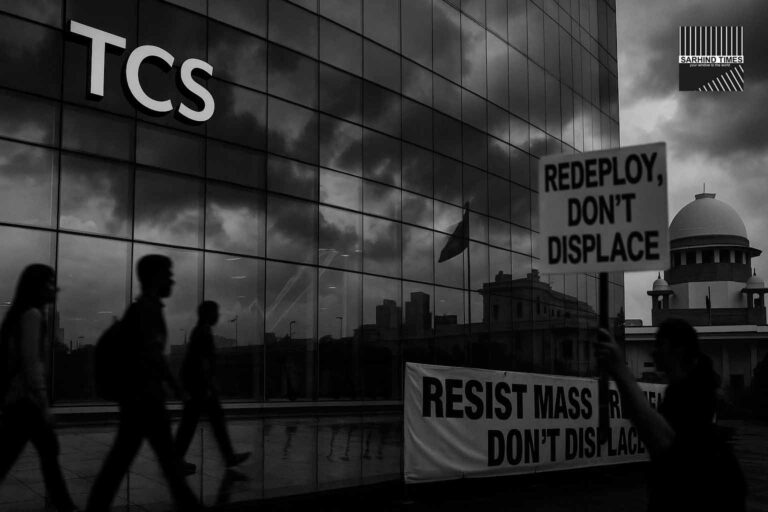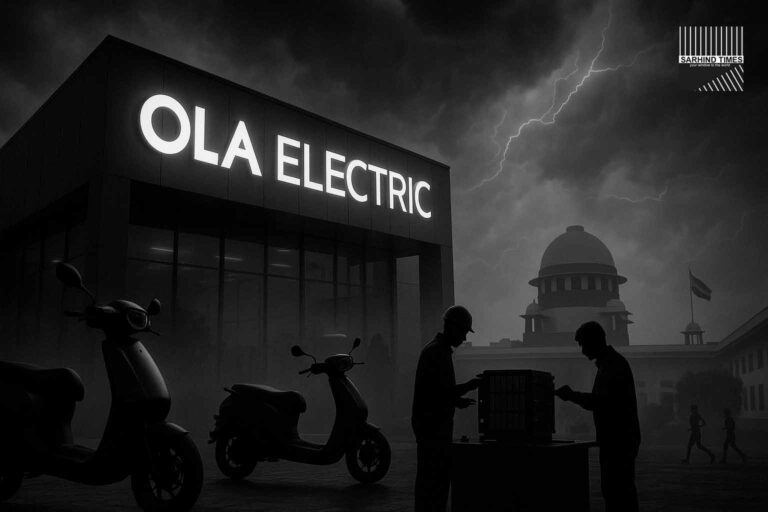Kochi, October 1 –
Kerala has taken a bold step into the future of urbanism by announcing plans for India’s first integrated AI township at Kizhakkambalam near Kochi. The 300-acre township, unveiled through a Memorandum of Understanding (MoU) signed by Infopark and the Greater Cochin Development Authority (GCDA), aims to combine cutting-edge technology with sustainable living.
With a target investment of ₹25,000 crore and projections of over 2 lakh direct jobs and 4 lakh indirect jobs, the project seeks to transform Kerala into a model of AI-ready, climate-positive, and inclusive urban development by 2030.
Chief Minister Pinarayi Vijayan, who witnessed the signing, called it a “historic step for Kerala’s digital economy and sustainable growth.”
What the AI Township Promises
The blueprint envisions an AI-native township, where artificial intelligence will serve as the backbone for governance, public services, and daily life. Key features include:
- Urban City Brain Platform: A central AI system to manage utilities, transport, security, and citizen services in real time.
- Green Infrastructure: Carbon-negative design, water-positive systems, and zero-waste operations.
- Smart Mobility: Mass-transit connectivity, AI-assisted traffic management, and pedestrian-first urban layouts.
- Integrated Living: Housing, education, healthcare, culture, and recreation designed as part of a holistic township.
Planners describe the initiative as a “laboratory for the future of Indian cities.”
Location: Why Kizhakkambalam?
The choice of Kizhakkambalam, on Kochi’s eastern outskirts, is strategic:
- Proximity to Infopark and SmartCity Kochi tech clusters.
- Strong transport links to Kochi Metro and NH-66.
- Large tracts of land feasible for land pooling under state rules (requiring 75% landowner consent).
Officials believe this site can become the flagship showcase of Kerala’s Tech 2030 policy.
Sustainability as Core Principle
Unlike traditional smart city projects, the AI township puts sustainability at the core:
- Carbon-Negative: Harnessing renewable energy and green buildings.
- Water-Positive: Rainwater harvesting and AI-controlled aquifer recharge.
- Zero-Waste: Automated waste segregation and recycling, modeled on circular economy principles.
Urban planners emphasize that this will be a “living demonstration” of how AI can help cities meet climate targets.
Job Creation Potential
With 2 lakh direct jobs planned across IT, AI research, healthcare, fintech, education, and design, the township is expected to dramatically boost Kerala’s employment ecosystem.
Indirect jobs—estimated at 4 lakh—will arise in housing, retail, logistics, culture, and support services.
Local youth are expected to benefit from AI-focused skilling programs linked to Infopark and state universities.
Challenges and Land Pooling
The biggest hurdle will be land pooling, which requires 75% consent from landowners. Authorities have promised:
- Transparent negotiations.
- Incentives for farmers and residents.
- Resettlement and rehabilitation plans.
Consultations with local stakeholders will begin soon, ensuring community buy-in.
Kerala’s Larger Tech Vision
The AI township aligns with Kerala’s Digital University, K-FON (Kerala Fibre Optic Network), and Infopark expansions. Together, these initiatives position the state as a knowledge economy hub, reducing dependency on remittances and traditional industries.
“We are not just building a city; we are building an ecosystem where technology serves people and nature,” said a GCDA official.
Global Context: AI Townships Worldwide
Globally, experiments in AI-driven urbanism include:
- Songdo, South Korea: A smart city built from scratch.
- Masdar City, UAE: A sustainability-focused hub.
- Toronto’s Sidewalk Labs project (now shelved): A bold attempt at AI-integrated living.
Kerala’s project, however, emphasizes climate resilience + job creation, making it unique in the Indian context.
Political and Economic Significance
- For Kerala: A chance to showcase progressive governance and tech leadership.
- For India: A marquee model of urban development that other states could replicate.
- For investors: Opportunities in real estate, renewable energy, fintech, and cultural infrastructure.
Economists estimate the project could add over 1% to Kerala’s GDP annually if executed effectively.
Public Reactions
- Youth: Excitement about AI jobs and global-standard infrastructure.
- Environmentalists: Cautious optimism, urging vigilance against greenwashing.
- Residents: Mixed feelings, with some concerned about land pooling but hopeful for growth.
Timeline and Execution
- 2025–26: Feasibility studies, stakeholder consultations, and financing closure.
- 2027–28: Phase 1 execution (core infrastructure, AI city brain platform, housing clusters).
- 2029–30: Full-scale rollout, integration with Kochi Metro and Infopark.
- 2030: Official township inauguration.
Conclusion: A City of the Future
The Kerala AI Township near Kochi is not just an infrastructure project—it is a vision statement. If successful, it will redefine how Indian cities integrate technology, environment, and society.
For Kerala, it represents a leap into global relevance in the AI age, one that could inspire cities across India to reimagine themselves as climate-positive, tech-driven, and human-centric.
#Kerala #Kochi #AITownship #Infopark #GCDA #TechPolicy #SmartCity #Jobs #GreenInfra #FutureCities






















+ There are no comments
Add yours